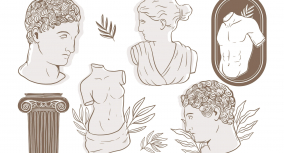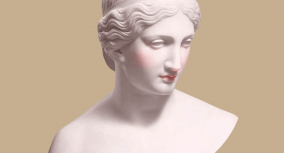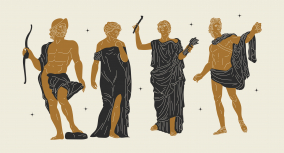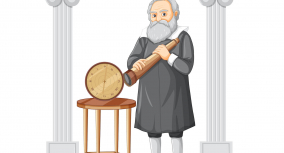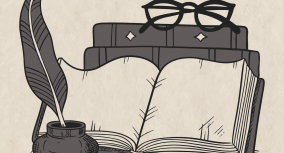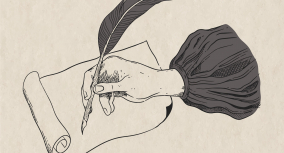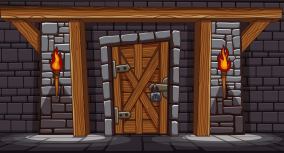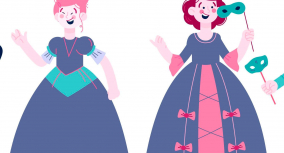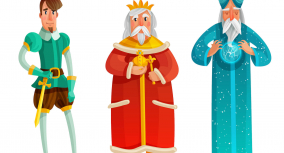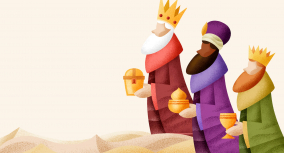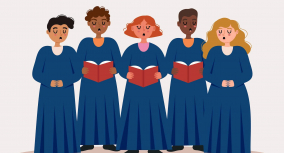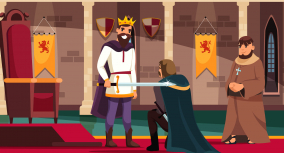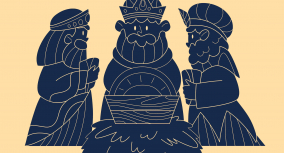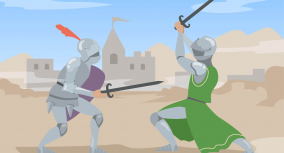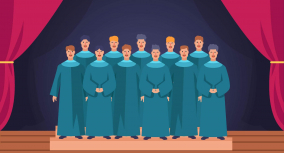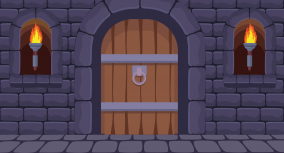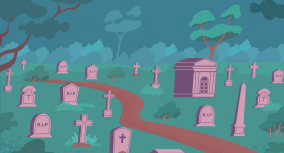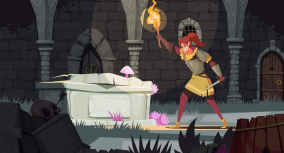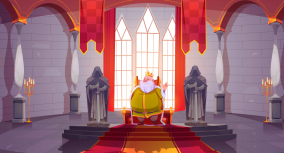What are the themes in Antigone? Gender roles, fate vs. free will, sibling rivalry️, death️ – all Antigone themes are described in this article by Custom-Writing.org experts.
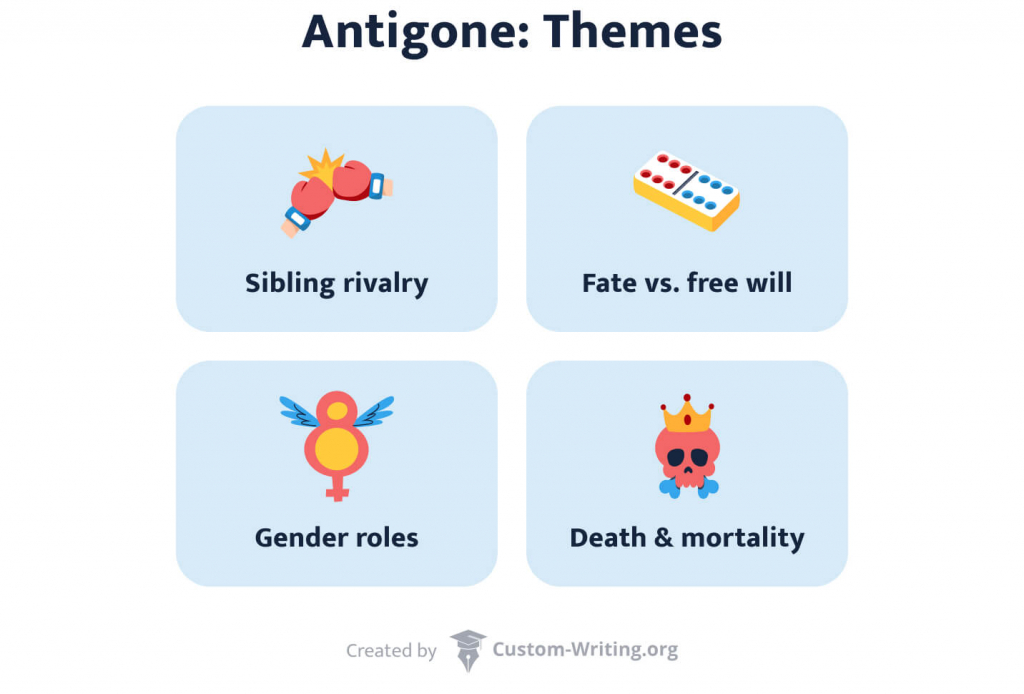
It is to be expected that Sophocles’ work should touch deeply on philosophical issues. It appears that his play, Antigone, is no exception. The characters display all the negative sides of human nature that can cause tragic events. Stubbornness shown by the main character leads to many deaths, and Sophocles highlights the theme of mortality explicitly. In this analysis of Antigone themes, you can also find discussion on the characters’ decisions and fate. Even though it is an old piece of literature, Antigone is worth looking into gender roles. And finally, one of the central themes in the play concerns the family issues between two sisters.
So, the key themes in Antigone are:
The quotes used in this section are taken from the translation by Ben Roy, Bliss Perry, Alejandro Quintana, Sam Puopolo, Benji Ho, and Sasha Barish.
⚔ Sibling Rivalry: Antigone & Ismene
The key event that launched the chain of misfortunes described in Antigone is the death of two brothers, Eteocles and Polynices, who fought each other for the throne. However, the plot focuses on their sisters, between whom there is also rivalry.
As we have already looked into the main characters’ personal traits, the difference between the sisters is noticeable.
Ismene is the one who is presented as a good girl since she always follows the laws and the king’s orders.
On the other hand, Antigone is generally disobedient, impulsive, and incredibly persistent in becoming a simple, quiet girl like the others. She has been demonstrating such behavior since childhood, but now it is getting severe and can get her into trouble. Therefore, when they talk about burying Polynices, it creates a conflict.
Antigone seems to be more loyal to tradition and the gods than to her country. She is ready to take a considerable risk and break the king’s law only to honor her brother. Her sister is not prepared to put her life at stake, though. Ismene is trying to reason with Antigone. Not only would that plan make them criminals, but it would also label them as family outcasts. Their dispute is impossible to solve, and every sister stays with her own opinion.
Go on then, if you think it best—you’re a fool
Antigone, Ismene, Prologue, Lines 98-99
To go, but your loved ones still love you.
However, there is more to their constant disagreements.
The theme of the sisters going against each other may also be related to the issue of femininity that goes deep into their childhood. Ismene has always been a beautiful and “proper” lady. It has made Antigone jealous since she is boyish and was bullied a lot as a child. She hates and envies her sister.
Say another word and you will earn my hatred.
Antigone, Antigone, Prologue, Lines 93-95
When you’re laid to rest, you’ll find that even the dead hate you—
And rightly so.
This is partly because Ismene appears in the play as a woman and a wife that every man would want to have. Antigone’s jealousy is so intense that she even tries to steal Haemon. She uses all the beauty products that Ismene has for this aim. However, her attempt fails as such a lifestyle is not for her. Antigone would rather stay a rebel than become an obedient woman like Ismene.
🆚 Antigone: Fate vs. Free Will
The Greeks of those years believed in fate more than people do nowadays. One of the main themes in Antigone is free will versus fate. People in those days trusted their gods, and some claimed they could see the future. Prophets would go around and share their visions.
Sophocles wrote about a prophecy regarding the Theban war even before the events described in Antigone. Oedipus was sure that his two sons would kill each, which was exactly what happened.
In Antigone, Tiresias comes only to warn Creon. He does not start with the prophecy immediately but gives a valuable piece of advice. Everyone makes mistakes, and Tiresias says the king can still change the outcome.
When a man does wrong, if he makes amends
Antigone, Tiresias, Episode 5, Lines 1025-1028
And moves forward after his mistake,
He is no longer unwise or unblessed—
But your stubbornness has made you clumsy!
According to the blind prophet, no matter how wrong the choice was, it can be forgiven if a person is ready to change.
Oedipus, for instance, could not influence his situation. Therefore, his fate was to kill his father and marry his mother. However, Creon has free will. It has been his decision from the very beginning. Ismene and Haemon coming to the king and begging him to change his heart prove there were many chances to back off. Still, Creon stands by his stubbornness until it is too late. Only then his terrible fate grabs him.
Fate Vs. Free Will Antigone Quotes
Leave me and my foolish plan
Antigone, Antigone, Prologue, Lines 95-97
To suffer our terrible fate!
There is no punishment horrible enough
To keep me from dying a beautiful death.
Be caught or be he not—as such is solely in fate’s domain—
Antigone, Guard, Episode 1, Lines 328-329
Surely, I shall not be seen here again!
Be wary; you are treading once again on fate’s razor edge.
Antigone, Tiresias, Episode 5, Line 996
Fortune is always lifting up and
Antigone, Messenger, Exodus, Lines 1158-1160
Knocking down the lucky and the unlucky alike:
There is no prophet to tell mortal man his fate.
⚧️ Gender Roles in Antigone
In the play, the audience can see some gender roles established from the beginning. It is especially noticeable when Creon decides Antigone’s fate. According to him, women should always obey men since the latter are the rulers. Such an approach influences the outcome of the tragedy tremendously.
Creon feels that Antigone, having disobeyed his orders, is making him less masculine. That point of view on gender roles is so strict that he is ready to sacrifice her life but not surrender to her. Creon even says that it is always better to lose to another man. Otherwise, he would be considered “worse than women.”
Ismene and her sister also represent the theme of gender roles in Antigone. Ismene decides that it is safer to back off. She has always been an obedient and loyal girl. She thinks it is better to follow the will of men since women are no match for them. Ismene even tries to talk Antigone out of the idea of burying Polynices. However, her attempt fails, and rebellious Antigone is ready to do whatever it takes. The main heroine illustrates emancipation that was so rare at their times.
Quotes from Antigone about Gender Roles
You’ve got to remember that we are women—
Antigone, Ismene, Prologue, Lines 61-64
We aren’t meant to fight battles with men.
We are ruled by whoever’s stronger,
And as a result we must obey this order and worse.
I’m not dishonoring anyone!
Antigone, Ismene, Prologue, Lines 78-79
And even still, I’m just a woman!
Only men get a say in how the city’s run; you know that.
As long as I live, no woman shall rule me.
Antigone, Creon, Episode 2, Line 525
Now my son, don’t you ever
Antigone, Creon, Episode 3, Lines 648-651
Lose your head for the pleasure of a woman:
You’ll watch this once-beloved grow cold to you,
A wretched woman in your bed and in your home.
If I allow my own relatives
Antigone, Creon, Episode 3, Lines 659-662
To walk all over me, everyone will follow suit:
Who would trust a man to run a city
If he can’t keep his own house in order?
☠️ Antigone: Death & Mortality
One of the most commonly noticed themes in Antigone is death. It would not be Sophocles’ work if at least one character would not die. Suicide also appears to be the primary means of ending one’s life among the main characters of Antigone and the two other parts of the Oedipus trilogy. In this play, it all begins with the two brothers. It was unlikely that Polynices and Eteocles actually wanted to die, but they both made several choices that led to their deaths.
It triggers Antigone to take serious actions and go against the law. She is fully ready to sacrifice anything she has for the family. In the end, the girl ends up hanging herself in the tomb. Then, Haemon cannot stand it and kills himself as well. When his mother, Eurydice, receives the news, she decides to follow the latter’s fate.
With such a high number of suicides in the play, Sophocles might try to point out how thin the line between life and death is. Moreover, suicide appears to be an acceptable and respectable way of dying. This theme of Antigone also suggests that suicide might be the only way for those characters to change their fate. They do not influence their lives, like in the case of Antigone and Eurydice, and they suffer in frustration. Therefore, the idea of taking their own lives comes as salvation.
Antigone Death Quotes
Even as I beg the gods of death for mercy,
Antigone, Ismene, Prologue, Lines 66-68
I will obey those in power; there’s no sense
In meddling where you don’t belong.
I need to please
Antigone, Antigone, Prologue, Lines 74-76
The gods of death more than the men on Earth,
As I will rest below forever.
At least, sister, you should not strip me of the honor
Antigone, Ismene, Episode 2, Lines 544-545
Of both dying and cleansing the dead with you!
You chose to live, and I chose to die.
Antigone, Antigone, Episode 2, Line 555
Ah! Unhappy one! I neither live
Antigone, Antigone, Episode 4, Lines 851-853
Among mortals nor shades,
Neither with the living nor the dead.
If my husband had died, I could’ve found another,
Antigone, Antigone, Episode 4, Lines 909-912
And if I had lost my first child, another man could’ve fathered my second,
But with my mother and my father both sealed away in Hades,
I can never have a new brother.
Thank you for reading this article! You might also want to take a look at Antigone essay topics collection. Another great option is using our topic-generating tool. Any questions left? Check the QA section!
🔗 References
- Themes in Antigone by Sophocles | Analysis & Message
- The Fragility of Gender | Arts & Sciences
- Gender Roles in Antigone – Video & Lesson Transcript
- The Death of Antigone
- Antigone – Dealing with Death
- Civil Disobedience in “Antigone” by Sophocles
- The Theme of Bravery in Antigone: Research Paper
- Women and Gender Roles in “Antigone” by Sophocles
- The Major Themes of the Play “Antigone” by Sophocles
